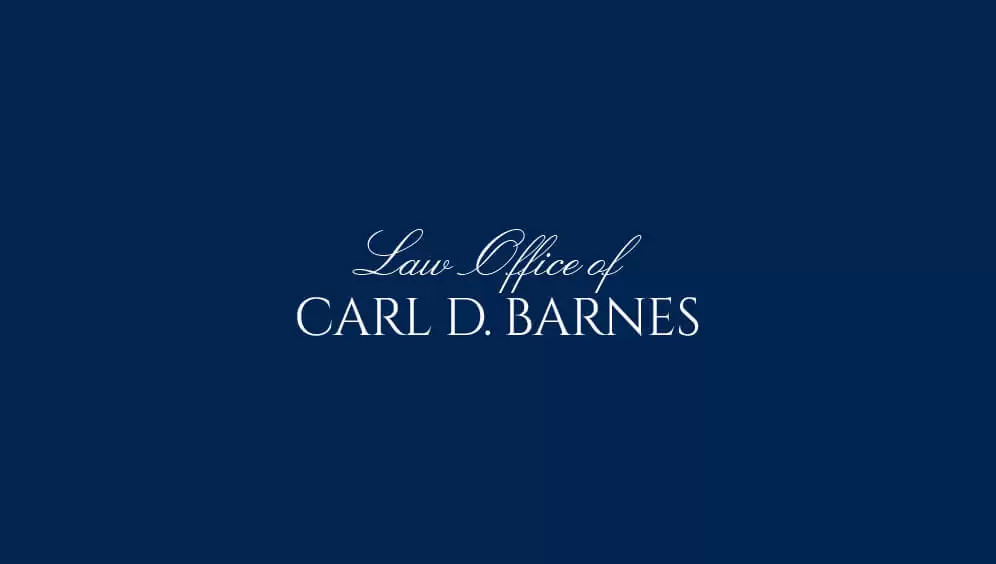Free Consultations
What are torts and how do they factor in premises liability?

“Tort” is a legal term for a wrongful action or inaction that brings harm to a person, according to FindLaw.
If you have sustained an injury on a California property, you can generally seek compensation for medical bills, lost wages and sometimes pain and suffering. The amount and type of damages you might receive depends on the type and severity of the tort committed by the property owner.
Negligence torts
Torts of negligence occur when the responsible party unintentionally causes harm due to inattention or carelessness. Several elements must exist to demonstrate negligence, which include breaching duty of care and directly causing quantifiable damage.
For example, the majority of slip-and-fall accidents are negligent tort injuries. A store employee typically does not wish to hurt you when he or she fails to clean up an aisle spill. Yet, since the general understanding is that wet floors present a potential danger to anyone walking on them, a court could rule that negligent actions caused you to break your arm.
Intentional torts
Intentional injury torts, such as battering and causing emotional distress with egregious conduct, occur when a property owner purposefully causes harm. In other words, the actor’s state of mind was malicious rather than careless.
Going back to the wet floor example, imagine that the store manager became enraged when you asked him or her to clean the spill. Subsequently, he or she hit you in the face and broke your nose. This is most likely a battery offense and thus considered intentional.
Compensatory and punitive damages
There are two general categories of damages that a court might award in your personal injury lawsuit. Compensatory damages will reimburse you for the costs incurred due to your injury. These can include hospital and follow-up medical bills and lost wage payments if the injury caused you to miss work. If the lawsuit outcome determines that the property owner’s behavior was malicious or reckless, he or she may also have to pay you punitive damages, sometimes known as pain and suffering.

2500 East Colorado Boulevard
Suite 350 Pasadena, CA 91107
Pasadena Law Office Map

